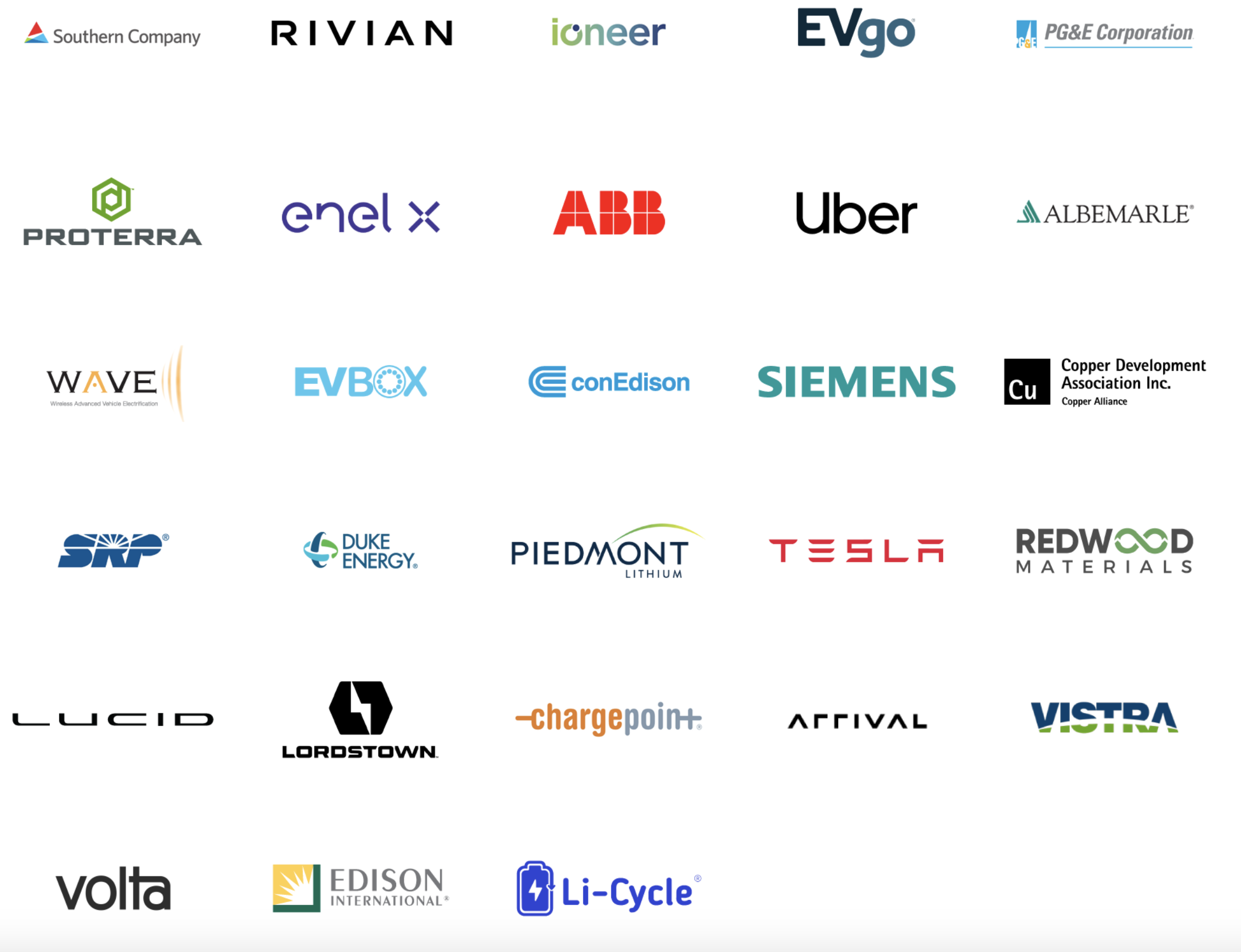
Launch of ZETA 2030: The EV Future is Near
A few days ago a new coalition was announced. The Zeta2030 program is the Zero Emissions Transportation Association that is looking to accelerate adoption of electric vehicles here in the United States. As summarized by Axios, ZETA is calling for five key policy pillars that can, in aggregate, put American on the pathway to full EV adoption by 2030. Those pillars are listed below. Here is my take:
MY TAKE here is that this 2030 goal is likely aggressive. But most importantly, this narrative is simply the arc of our future. Whether it is 2028, 2030 or 2035… this electric transportation movement is happening. I wouldn’t have made such a bold claim even 18 months ago. But here we are: technology is driving down the costs of batteries, more countries are realizing the economic and health benefits of EVs alongside renewable energy mandates, and automakers are finally jumping two feet into the EV movement. Our charging networks are being built and utilities now have clear paths to monetize and participate in the buildout.
It is not a question of IF electric vehicles are the future of mobility. It is merely a question of WHEN the FUTURE is here. I am pleased with the logos endorsing this movement and suspect we will see many more utilities and energy transition firms added to this list in the coming months. Of note, an Energize Ventures portfolio company, Volta Charging, is on this list.
1. Outcome-driven consumer EV incentives. Point-of-sale consumer incentives drive adoption, provide cost reductions and achieve real results in pushing transportation electrification. In addition, incentivizing early retirements while encouraging EV adoption will speed the transition and meet the urgency of the moment.
2. Emissions / performance standards enabling full electrification by 2030. Emission targets are a key piece of protecting public health and sending the correct market signals to support and accelerate the transition to zero emission transportation.
3. Infrastructure investments. Strong federal charging infrastructure investments will drive the electric transportation transition and ensure that the United States is leading the way in a clean recovery where everyone is better off.
4. Domestic manufacturing. We should not only accelerate U.S. transportation electrification, but also work to ensure that we secure domestic economic growth and leadership in EV manufacturing. Federal policies must encourage job creation and economic activity across the entire EV supply chain and lifecycle, from critical materials to vehicles.
5. Federal leadership and cooperation with sub-national entities. Federal support should invest in research and development, provide an aligned vision for electrification, and ensure local leaders are empowered with the expertise and resources to support full vehicle electrification.